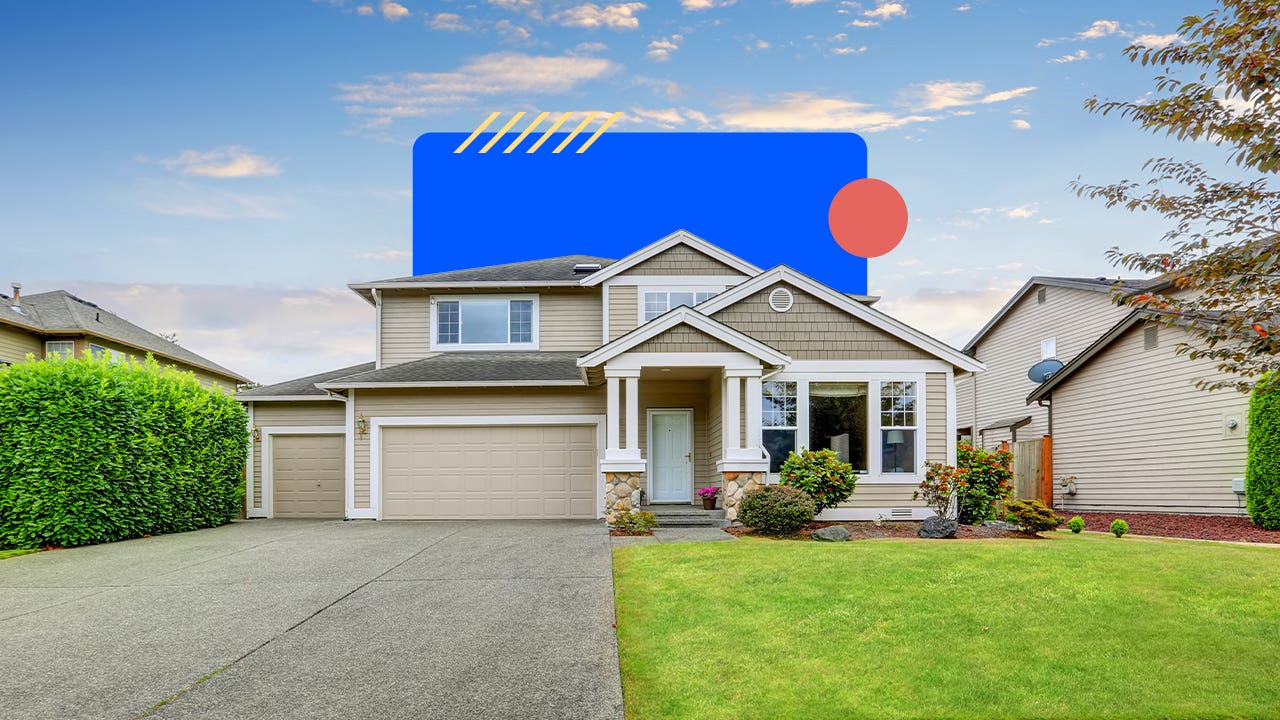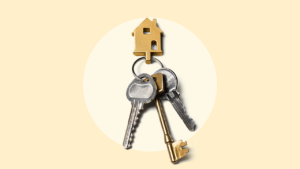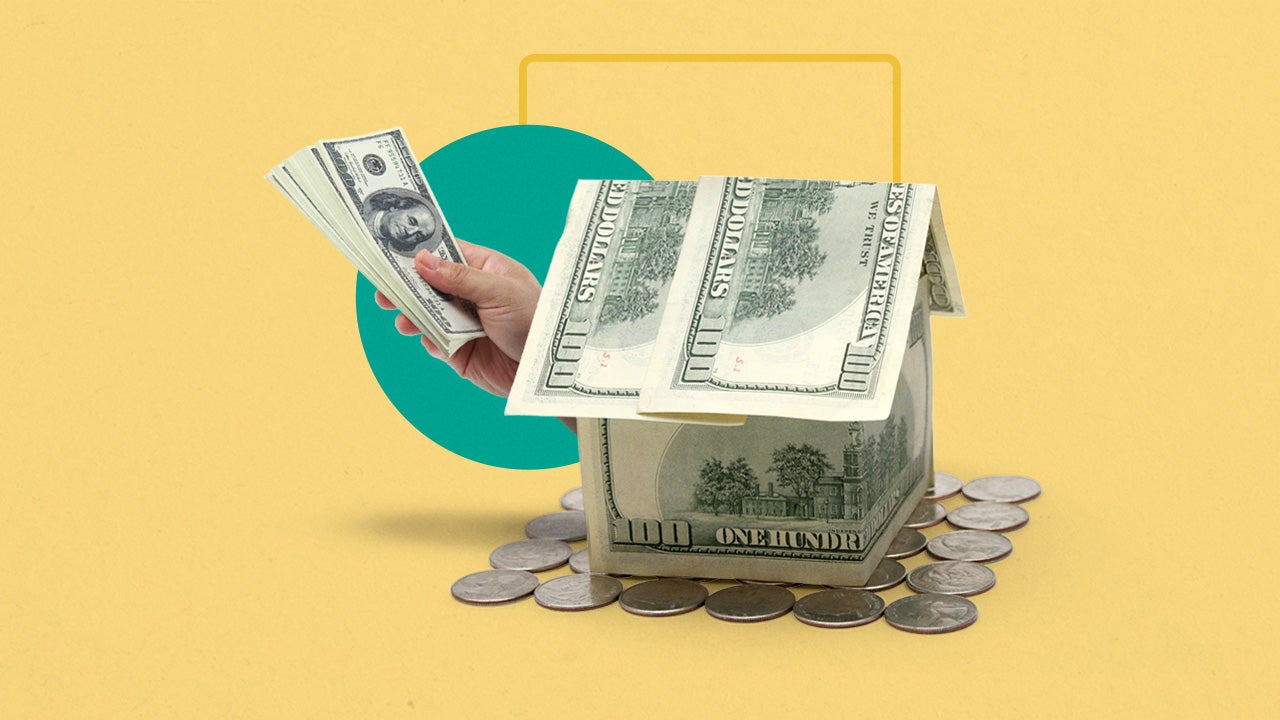Private mortgage insurance (PMI): What it is and how it works




Key takeaways
- Private mortgage insurance (PMI) is an extra fee for conventional mortgage borrowers putting down less than 20 percent.
- The amount you’ll pay for PMI depends on your loan and down payment size, whether it’s a fixed- or adjustable-rate mortgage and your credit score.
- You can request to cancel PMI when your mortgage balance reaches 80 percent of your home’s value.
What is private mortgage insurance (PMI)?
Private mortgage insurance (PMI) is an extra expense for conventional mortgage borrowers who make a down payment of less than 20 percent. Although the borrower pays for it, PMI actually protects the lender since the lender takes on more risk for lending a larger loan with a lower down payment.
However, you won’t pay PMI forever. Lenders are required to cancel it when your mortgage balance drops to 78 percent of your home’s original value (its worth when you bought it), or once you are halfway through your loan term, whichever comes first.
How much does private mortgage insurance cost?
The average monthly cost of PMI is 0.46 percent to 1.5 percent of the loan amount, according to the Urban Institute.
Factors that influence the cost of PMI
- Your credit score: Your credit score plays a major role in the cost of PMI. In general, the higher your score, the lower your PMI cost.
- Your loan-to-value (LTV) ratio: The LTV ratio measures the percentage of the home’s purchase price you’re financing against the value of the home. The higher your LTV ratio, the higher your PMI payment.
- Your loan type: Because adjustable-rate mortgages (ARMs) carry a higher risk for lenders, your PMI might be more expensive with an ARM than with a fixed-rate loan.
- Your down payment amount: The closer your down payment is to 20 percent, the less your PMI.
How to pay for PMI
There are three main ways to make PMI payments. Your options could vary depending on your lender.
- Monthly: The most common method is paying PMI premiums monthly with your mortgage payment. This boosts the size of your monthly bill, but allows you to spread out the premiums over the year.
- Upfront: Another option is an upfront PMI payment, meaning you pay the full premium amount for the year all at once. Your monthly mortgage payment will be lower, but you’ll need to have the money set aside for that larger annual expense. Also, if you move sometime in the year, you might not be able to get part of your PMI refunded.
- Hybrid: The third option is a hybrid one — paying some upfront and some each month. This can be useful if you have extra cash early in the year and want to lower your monthly housing costs.
PMI example
Here’s a look at how PMI might impact your monthly payments based on a range of different down payments. This example assumes a $400,000 property with a 30-year fixed-rate mortgage at a 6.5 percent interest rate. Keep in mind that this table does not include property taxes or homeowners insurance, which will change these payments based on where the property is located.
| Down payment | 5% | 10% | 15% | 20% |
| Monthly PMI payment | $365 | $234 | $95 | $0 |
| Monthly mortgage payment for principal and interest | $2,767 | $2,509 | $2,244 | $2,023 |
| Total payment for PMI, principal and interest | $3,132 | $2,743 | $2,339 | $2,023 |
| Source: Freddie Mac |
Types of private mortgage insurance
Borrower-paid PMI
Borrower-paid PMI is what most people are referring to when they talk about mortgage insurance. With borrower-paid PMI, the premiums are part of your monthly mortgage payment. You’ll be able to request to cancel these when you reach 20 percent equity in your home.
Lender-paid PMI
Lender-paid mortgage insurance, sometimes called a no-PMI loan, isn’t exactly what it sounds like. With lender-paid PMI, the lender pays the premiums, but you’ll pay, too, by way of a higher interest rate on the loan. Often, that higher rate costs you more over time than the extra amount you’d pay monthly with borrower-paid PMI. You can’t get lender-paid PMI canceled in the same way you can with borrower-paid insurance, either. The main path to getting out of lender-paid PMI is to refinance.
Single-premium PMI
Instead of dividing up payments into regular installments each month, single-premium PMI bundles the entire cost of the premiums into one lump payment. Depending on the loan terms, you can either pay this in full at closing or roll the amount into the loan for a higher balance. If you pay it upfront, you’ll get the benefit of lower monthly mortgage payments. However, you might not have the funds to make this happen. Plus, if you sell your home before you would have stopped paying PMI, you paid premiums in advance for no benefit.
Split-premium PMI
In a split-premium PMI arrangement, you’ll pay a larger upfront fee that covers part of the overall insurance costs. You’ll pay the remainder with your monthly mortgage payment. This strategy combines the pros and cons of single-premium and borrower-paid PMI. You’ll need some cash — but not as much — to pay the upfront premium, and your monthly payments won’t be as high.
Split-premium mortgage insurance can also be helpful if you have a higher debt-to-income (DTI) ratio: It allows you to lower your estimated mortgage payment and avoid pushing your DTI so high that you’d be ineligible for the loan.
How to avoid paying PMI
It’s possible to avoid paying PMI. Here’s how:
- Put 20 percent down: If you put 20 percent down on a home, you’ll avoid the PMI expense altogether. That can be tough to save for, though down payment assistance might help.
- See if your lender offers piggyback loans: A piggyback loan, also known as an 80/10/10 or combination mortgage, takes the form of two loans: one for 80 percent of the home’s price and the other for 10 percent of the home’s price. You’ll then pay 10 percent as a down payment. The upside: You won’t pay PMI. The downside: The two loans could end up costing more than PMI in interest and closing costs.
- Get a VA loan: Mortgages guaranteed by the Department of Veterans Affairs (VA) don’t require PMI. If you’re a military veteran, active-duty service member or surviving spouse, you might qualify for a VA loan, which doesn’t require a down payment or PMI. You’ll need to pay a funding fee, however.
How to get rid of PMI
There are a few ways to get rid of PMI:
- Request PMI cancellation: Federal law allows you to request that PMI be canceled when your LTV ratio drops to 80 percent. You’ll likely need to submit your request in writing to your lender or loan servicer, and you might need to get an appraisal or broker price opinion.
- Wait until it’s automatically canceled: Federal law also dictates that your mortgage lender must automatically end your PMI when your LTV ratio drops to 78 percent, or when you are one month past the midpoint of your loan term.
- Have your home reappraised: With home prices rising, you might have 20 percent equity in your home already, even if you haven’t owned it long. To prove this, you’ll need to get your home reappraised, either by a professional appraiser or a broker.
Should you pay PMI?
Even though paying private mortgage insurance isn’t anyone’s favorite thing to do, the upside is that PMI lets buyers get into a challenging housing market even if they haven’t amassed a stash of cash.— Jeff Ostrowski, Housing Market Analyst at Bankrate
If you’re wondering whether or not you should put 20 percent down on a home to avoid PMI, here are some questions to consider:
- Is your goal to buy a house as soon as possible? If you need to buy a home sooner rather than later, instead of waiting to save a 20 percent down payment, you can contribute what you have now and eventually cancel PMI once you build enough equity.
- Will a 20 percent down payment drain your savings? Owning a home comes with lots of additional expenses — some unexpected — for repairs and maintenance. Rather than spending every dollar you have on a down payment to avoid PMI, it may be wise to make a smaller down payment and keep a healthy reserve of cash for emergencies.
- Can you look for a more affordable property? If you’re focused on avoiding PMI, you may want to consider a smaller home, or look in a less desirable area where housing prices are more affordable for your budget.
“The typical U.S. home sells for close to $400,000, and coming up with a 20 percent down payment means writing a check for $80,000,” says Jeff Ostrowksi, housing market analyst at Bankrate. “Many first-time buyers don’t have that much money. So even though paying private mortgage insurance isn’t anyone’s favorite thing to do, the upside is that PMI lets buyers get into a challenging housing market even if they haven’t amassed a stash of cash.”
Is PMI required for all types of mortgage loans?
PMI is not required for all types of mortgages. It’s only required for borrowers who obtain a conventional mortgage with a down payment of less than 20 percent.
That said, FHA loans also come with mortgage insurance premiums, known as MIP. These are structured differently than the PMI on conventional loans.
PMI vs. MIP vs. MPI
| PMI | PMI is a type of insurance that protects the lender should you default on your mortgage. It applies when you make a down payment under 20 percent. |
| MIP | A mortgage insurance premium (MIP), is a type of mortgage insurance that comes with a Federal Housing Administration (FHA) insured mortgage. This includes an upfront premium, typically paid at closing, as well as annual premiums, and typically lasts for the life of your loan. |
| MPI | Mortgage protection insurance (MPI) is a type of life insurance that pays off your mortgage when you die; some policies do the same if you become unemployed or disabled. |
Private mortgage insurance FAQ
Why we ask for feedback Your feedback helps us improve our content and services. It takes less than a minute to complete.
Your responses are anonymous and will only be used for improving our website.




